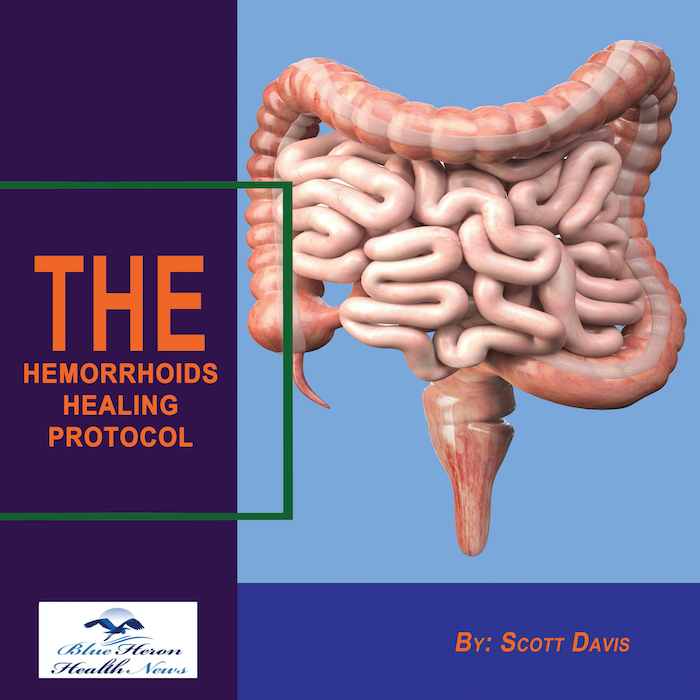
The Hemorrhoids Healing Protocol The Hemorrhoids Healing Protocol™ by Scott Davis This healing protocol is a basic program that gives you natural ways and remedies to treat hemorrhoids diseases safely and securely. Moreover, this program is effective as well as efficient.While using this program, you can avoid using those prescription medicines, lotions, and creams, and keeps you away from the side effects.
What role do genetics play in hemorrhoids?
Genetics can play a role in the development of hemorrhoids, although they are not the primary cause. Hemorrhoids, which are swollen blood vessels in the lower rectum or anus, are typically caused by increased pressure in the area due to factors like straining during bowel movements, pregnancy, obesity, or prolonged sitting. However, family history and genetic predisposition can increase the likelihood of developing hemorrhoids. Here’s how genetics may influence hemorrhoid risk:
1. Inherited Weakness in Blood Vessel Walls
- Some individuals may inherit a genetic predisposition that affects the strength and elasticity of blood vessels. This inherited trait can make the veins in the rectal area more prone to becoming swollen and inflamed, leading to hemorrhoids.
- Weakness in the connective tissues supporting the blood vessels in the anal and rectal area may be inherited, making these tissues more susceptible to damage or stretching, contributing to the formation of hemorrhoids.
2. Genetic Influence on Bowel Habits
- Constipation and Straining: Genetics can influence digestive health, including the likelihood of developing chronic constipation or gastrointestinal disorders. People with a genetic predisposition to constipation may strain more during bowel movements, which increases the risk of hemorrhoids.
- Irritable Bowel Syndrome (IBS): Certain gastrointestinal disorders, like IBS, which can have a genetic component, are associated with irregular bowel habits, including diarrhea and constipation. These conditions can increase pressure in the rectal area, contributing to hemorrhoids.
3. Family History and Shared Environmental Factors
- Individuals with a family history of hemorrhoids are more likely to develop the condition themselves. While this can partly be due to shared environmental factors (such as diet and lifestyle), a genetic predisposition may also increase susceptibility.
- Shared behaviors within families, like poor dietary habits (low fiber intake) and sedentary lifestyles, can contribute to the development of hemorrhoids, making it difficult to separate genetic influences from environmental ones.
4. Genetic Conditions Affecting Blood Flow
- Some rare genetic conditions that affect blood flow or vascular health, such as hereditary connective tissue disorders (like Ehlers-Danlos syndrome or Marfan syndrome), may also predispose individuals to hemorrhoids by weakening the tissues and veins in the rectal area.
5. Chronic Venous Insufficiency
- Genetics may also influence susceptibility to chronic venous insufficiency, a condition where veins have difficulty sending blood back to the heart. This can lead to blood pooling in the veins, increasing the risk of varicose veins, including in the rectal area, contributing to hemorrhoid development.
6. Pelvic Floor Disorders
- Some individuals may inherit a predisposition to pelvic floor dysfunction, which can affect bowel movements and increase pressure in the rectal area, leading to hemorrhoids. Pelvic floor dysfunction can cause issues like incomplete bowel emptying or excessive straining, both of which are risk factors for hemorrhoids.
Conclusion
While genetics can influence susceptibility to hemorrhoids by affecting blood vessel strength, bowel habits, and conditions like chronic venous insufficiency, environmental factors like diet, lifestyle, and bowel habits play a more significant role. Individuals with a family history of hemorrhoids should focus on preventive measures, such as maintaining a high-fiber diet, staying hydrated, and avoiding prolonged straining during bowel movements, to reduce their risk of developing the condition.
The Hemorrhoids Healing Protocol The Hemorrhoids Healing Protocol™ by Scott Davis This healing protocol is a basic program that gives you natural ways and remedies to treat hemorrhoids diseases safely and securely. Moreover, this program is effective as well as efficient.While using this program, you can avoid using those prescription medicines, lotions, and creams, and keeps you away from the side effects.